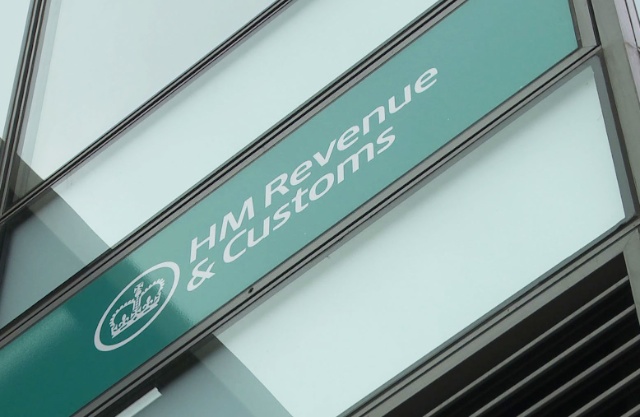In the question and answer session of the presentation I gave a couple of weeks ago I was asked how I thought a process of benchmarking should fit into the annual budgeting process. I gave an answer at the time but I don't think I expressed my view as well as I could have so I thought I would have a go in writing.
The question was posed to me in terms of unit costs: if we are preparing our budget for a service how should we take into account the fact that our neighbours or peers deliver the service for a lower (or higher) unit cost? On the face of it this seems like a good idea and I'm sure there must be some sound theories to support it. My answer to the group, though, was sceptical, borne from experience rather than theory.
I think that the "information" a public sector organisation gets from such benchmarking is unhelpful. I think carrying out a benchmarking exercise is "busy work"; it feels like you're doing something positive but in practice you're using up a lot of resources and getting very little in return. They say you don't fatten a pig by measuring it. Well, benchmarking is the equivalent of trying to fatten your pig by measuring someone else's.
I've been involved in numerous benchmarking activities over the years (it was a key feature of the Audit Commission's work in the 90s and 00s) and the first problem is agreeing common definitions so that the information is at all comparable. The development of accounting standards and financial reporting standards has no doubt improved the consistency of treatment by public bodies, but that does nothing for the second, and bigger, problem: that public managers will cling to favourable comparisons and find reasons to criticise unfavourable ones. (I once has a manager who was very quick to claim successes were the result of his management but failures were the result of external factors beyond his control. Sound familiar?) If you want an academic reference for this, Demeere et al (2009), writing about the use of activity-based costing in healthcare, said:
"... healthcare managers might argue about the accuracy of the models estimated costs and pro"tability rather than address how to improve the inef"cient processes, unpro"table products, and considerable excess capacity that the model has revealed."
Demeere et al actually touch on the potential negative consequence of benchmarking: complacency. If a public manager's unit costs (or whatever) are good they do not need to try harder; if they are poor, they might try hard to make a defence but they can avoid the need to improve their service.
Many aspects of public management these days are informed by or developed from private sector practice. Do private sector organisations benchmark with each other? Perhaps, but it seems unlikely that an organisation could benchmark with competitors directly so they are more likely to use competitors' prices as the benchmark. They may ask themselves, Can we sell our product for the same price as the competition and still make an adequate return? If the answer is no then they either have to find a way to make their product more cheaply, charge a higher price and compete on the basis of quality/design or cease to produce the product. If the answer is yes then that's great, but it would not stop them from seeking efficiency improvements in order to improve their gross profit margin.
How does that compare with a public service? Well, there are some services where charges are made but generally there is not a market because public bodies usually have a monopoly on the service in some geographic area. But there are some areas where there are comparable private sector providers whose prices could be used as a signal. Except, how many local authorities would compare the unit costs of their schools with fee-paying private schools, or compare their access-for-all leisure centres with members-only private gyms? "They're not offering the same things as us," would be the cry so of course our unit costs are different from theirs.
So, based on my experience, what would I recommend? In my view the answer is much easier to find than carrying out benchmarking exercises because the organisation already has it. The answer is to compare our own unit costs over time. This avoids all the problems of alternative accounting treatments, geogrpahical differences in prices, etc. and it builds on the idea that however good a service is the managers should strive to improve it. I'm sure that if all the time and energy spent carrying out benchmarking work and then defending or criticising the results was spent on improving services the benefit for the public would be significantly improved.
Reference
Demeere, N., Stouthuysen, K., & Roodhooft, F. (2009). Time-driven activity-based costing in an outpatient clinic environment: Development, relevance and managerial impact. Health Policy, 92(2-3), 296–304. doi:10.1016/j.healthpol.2009.05.003







